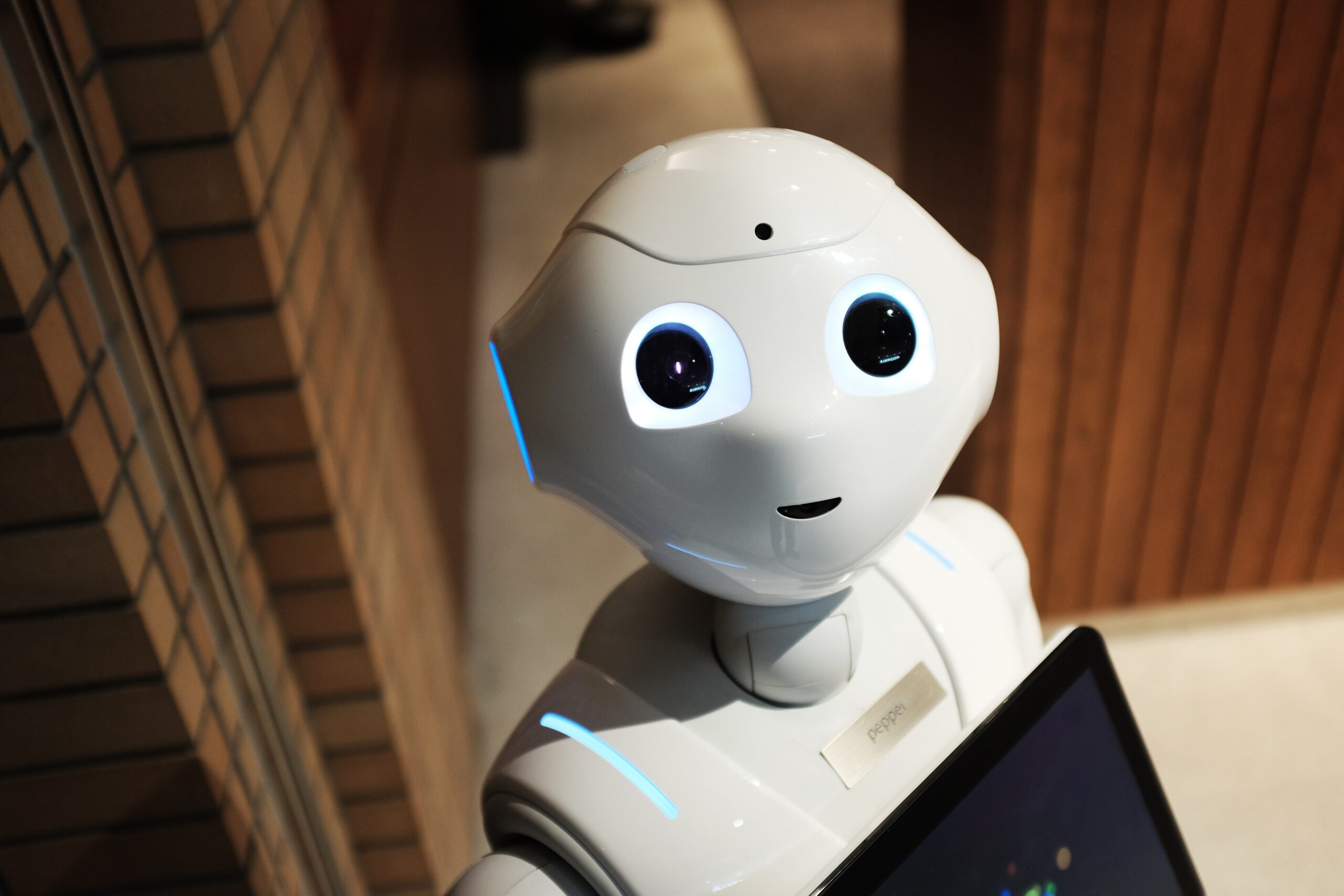Artificial intelligence (AI) is rapidly becoming a driving force in the US economy, with the potential to revolutionize industries and create new opportunities for growth. From automation in manufacturing to improved healthcare outcomes, AI is poised to have a major impact on the way we live and work. In this blog post, we will explore the role of AI in the US economy and its potential to drive economic growth and innovation.
One of the key areas where AI is having a significant impact is in the manufacturing industry. With the ability to process vast amounts of data, AI-powered systems can improve efficiency and productivity in manufacturing by automating repetitive tasks and identifying inefficiencies in production processes. This is leading to increased productivity and cost savings for manufacturers, which in turn drives economic growth. In addition, AI-powered systems are also helping to improve the quality of products and reduce the risk of defects, which can lead to increased consumer trust and greater demand for products.
Another area where AI is having a significant impact is in healthcare. AI-powered systems are being used to analyze large amounts of medical data to identify patterns and improve diagnosis and treatment of diseases. This is helping to improve healthcare outcomes and reduce the cost of healthcare. In addition, AI-powered systems are also being used to develop new drugs and treatments, which can lead to breakthroughs in medical science and improve the lives of millions of people.
AI is also having a major impact on the finance and banking industry. AI-powered systems are being used to analyze financial data to identify patterns and predict market trends, which is helping to improve investment decisions and reduce risk. In addition, AI-powered systems are being used to detect and prevent fraud, which can help protect consumers and financial institutions from financial losses.
AI is also having a major impact on the retail industry. AI-powered systems are being used to analyze consumer data to identify patterns and predict consumer behavior, which is helping retailers to improve the customer experience and increase sales. In addition, AI-powered systems are being used to automate tasks such as inventory management, which can help retailers to reduce costs and improve efficiency.
In the field of transportation, AI is also making a significant impact. AI-powered systems are being used to improve traffic flow, reduce accidents and optimize logistics. In addition, self-driving cars and trucks powered by AI are expected to revolutionize the transportation industry and reduce the cost of transportation.
AI is also having a major impact on the energy industry. AI-powered systems are being used to optimize energy production and consumption, improve energy efficiency, and develop new energy sources. This can help to reduce energy costs and improve energy security, which can drive economic growth and improve the lives of millions of people.
While AI has the potential to drive economic growth and innovation, it also raises important ethical and social issues. For example, the automation of jobs by AI-powered systems may lead to job loss and inequality. It is important for policymakers and business leaders to address these issues and ensure that the benefits of AI are shared by all members of society.
In conclusion, AI is rapidly becoming a driving force in the US economy, with the potential to revolutionize industries and create new opportunities for growth. From automation in manufacturing to improved healthcare outcomes, AI is poised to have a major impact on the way we live and work. However, it is important for policymakers and business leaders to address the ethical and social issues raised by AI and ensure that the benefits of AI are shared by all members of society.














Recent Comments